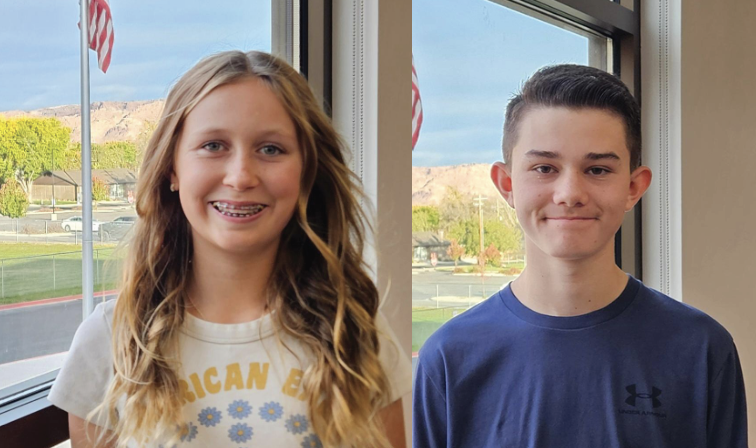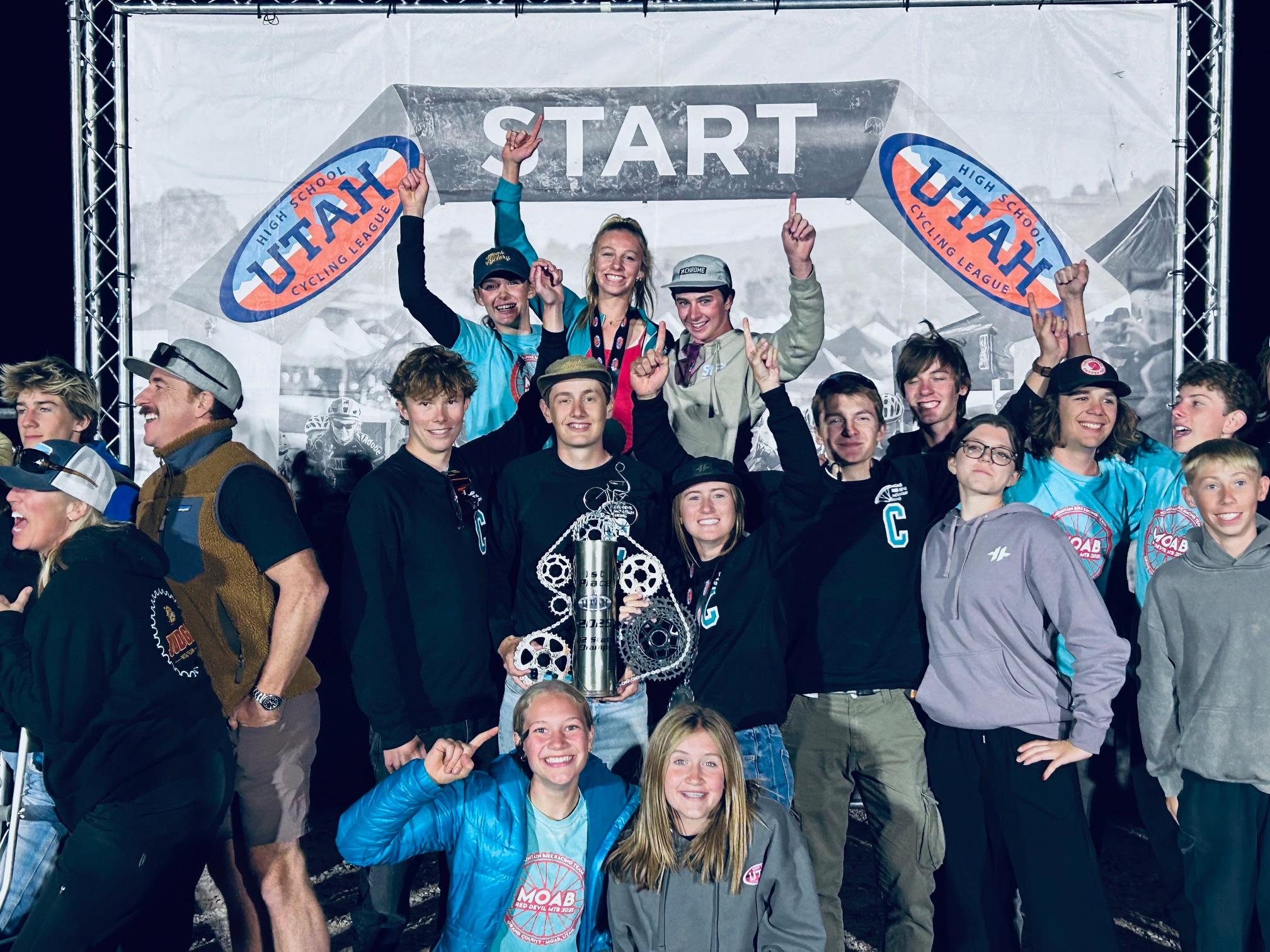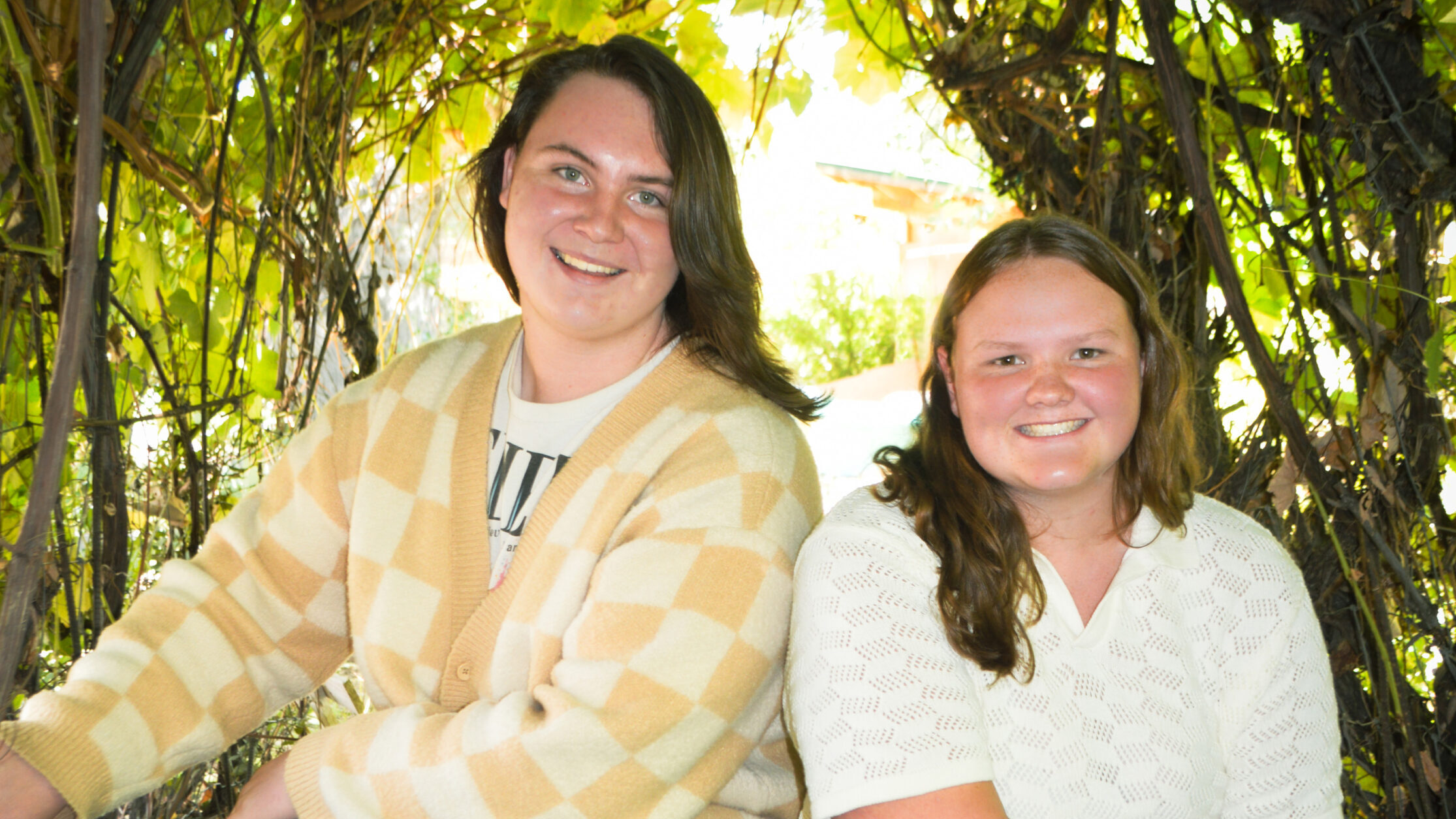Some information may be outdated.
Experts say spending time outdoors near our homes, while still practicing social distancing, is a safe way to recreate during the COVID-19 pandemic.
With travel discouraged, businesses closed, and social gatherings limited, people across the country are turning to the outdoors for relaxation, exercise, and just a way to pass the time.
However, the virus doesn’t disappear outside, and everyone must consider the pandemic when choosing how, where, and with whom they are interacting.
Take care when adventuring
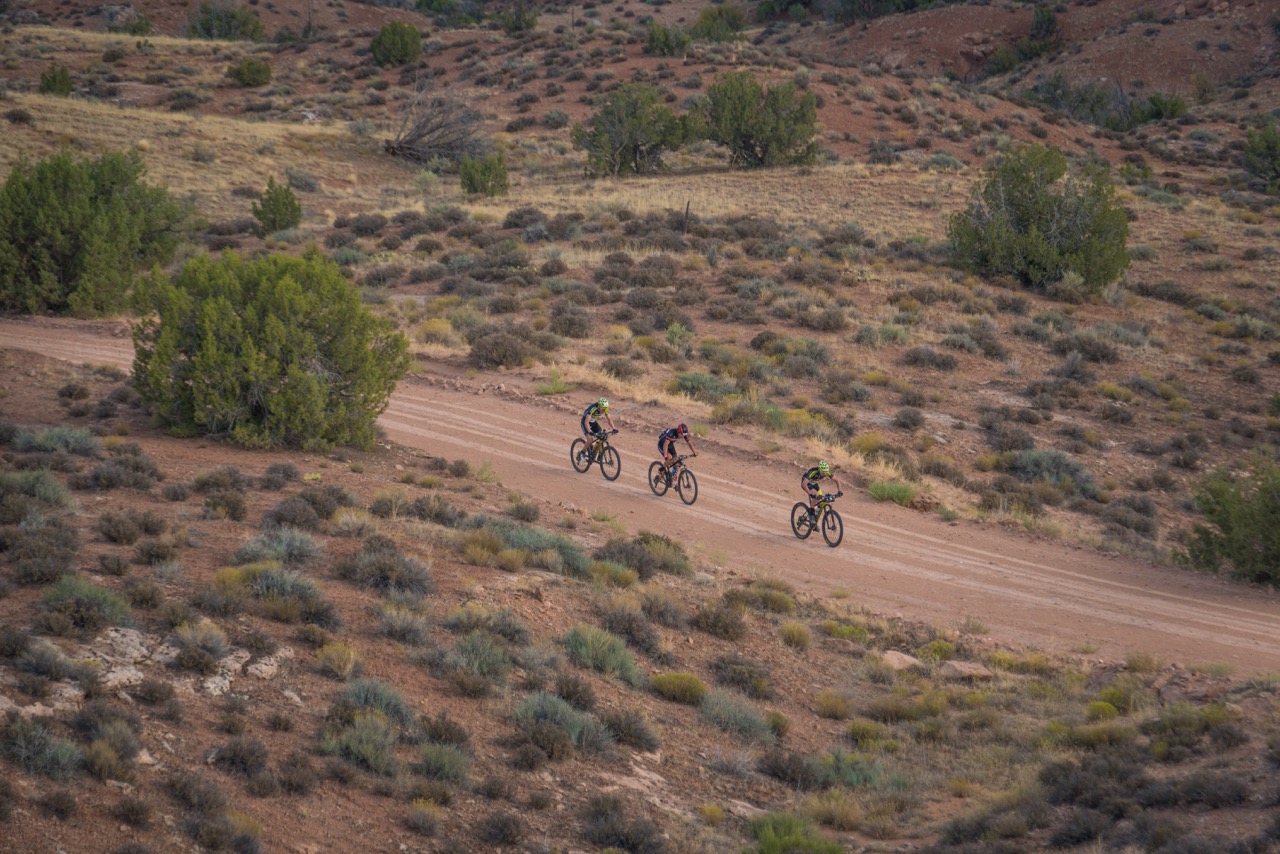
[Photo courtesy of Kokopelli Mountain Bike event]
“This is not a time to engage in dangerous activities which may require healthcare services,” said Dr. Whitney Mack of Moab Regional Hospital.
Dr. Mack pointed out that hospitals and medical facilities need to retain critical resources to address the COVID-19 pandemic.
While it’s never a good time to get injured while mountain biking or rock climbing, now is an especially bad moment to risk doing so.
“[When] things aren’t working like normal, if you get injured, you might not get the exact help you hoped,” warned Matt Bertanzetti, a nurse and outdoor enthusiast currently stationed at Moab Regional Hospital.
Bertanzetti added that there would also be the risk of becoming infected with the virus during a hospital stay. Hospitals across the nation are rationing, or are completely out of, the standard personal protective equipment used to shield and protect both medical staff and patients, Bertanzetti said.
Mack also commented that group activities like rock climbing are out during the pandemic, as people should be physically distancing themselves from each other and avoid touching common surfaces.
“I approve of low-risk outdoor activities like hiking, bird-watching and gardening when done solo or in family groups,” said Mack.
Whatever activity you choose, don’t do it at an extreme level.
“If you’re going to do it, really dial it back,” said Bertanzetti, a rock climber and mountain biker. “This isn’t the moment to be ‘sending’ at your full potential.”
The Grand County Search and Rescue team called on the Moab community with a similar plea: “It is a time to be conservative in your choice of activity or trail,” the group said in a March 23 Facebook post. “We are asking you to do everything in your power to avoid needing our services.”
Keep it clean
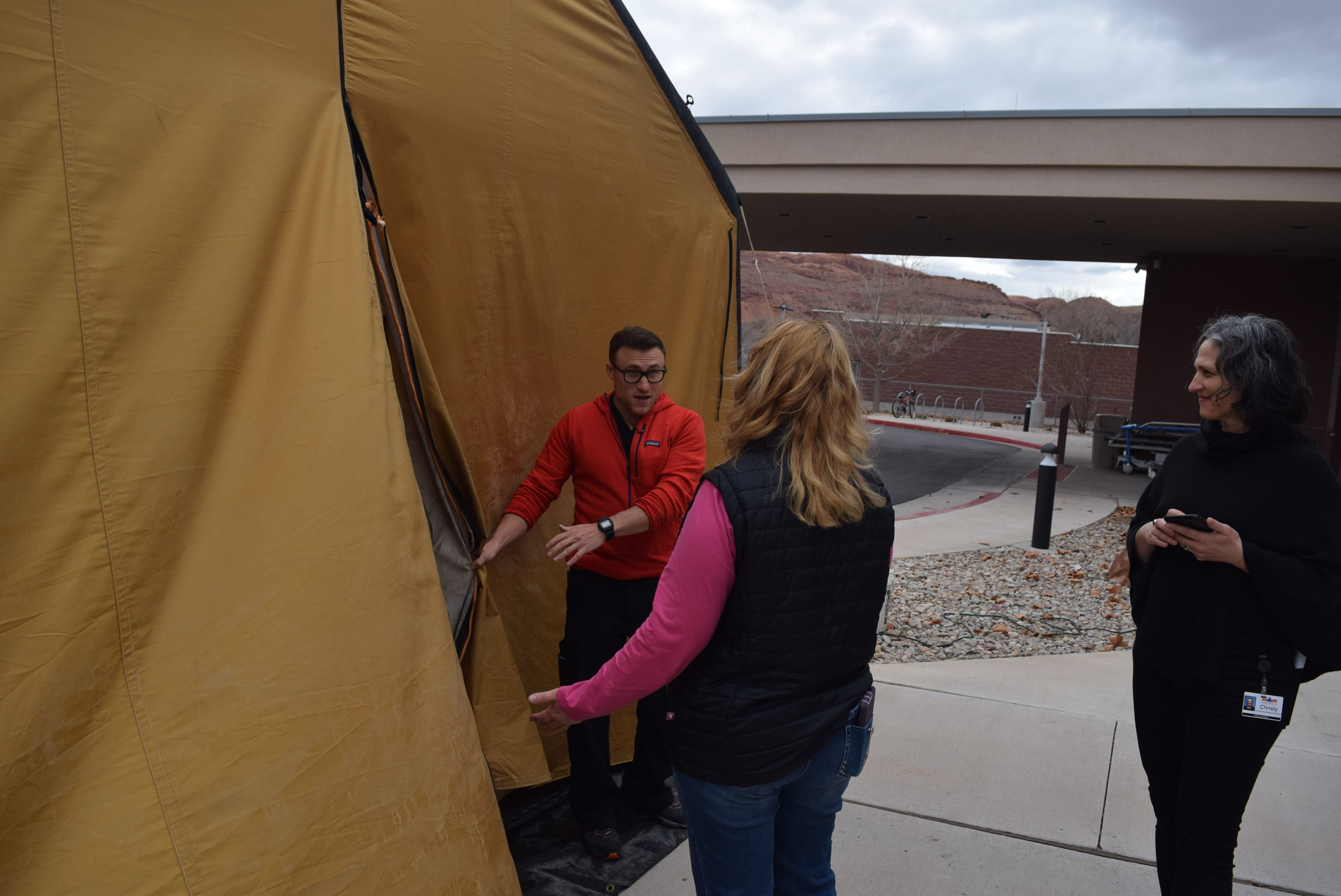
Social distancing—physically staying at least six feet away from other people—is more natural in outdoor spaces, and people are less likely to be touching the same surfaces. For these reasons, outdoor activities can be an acceptable way to see out the social distancing measures—not because the virus doesn’t spread as easily outdoors. Surfaces like handrails or ladders that are part of some local hikes should be avoided.
“We cannot count on the elements to weaken the virus for us,” said Mack. “We cannot count on being in the sun to reduce our ability to spread this virus to each other. The virus can be transmitted indoors and outdoors by the same means of respiratory droplets and contaminated surfaces—such as from coughs, sneezes or transmitted from respiratory droplets, to hands, to surfaces.”
Dog owners should be aware of where their pets are and who they may be coming into contact with. A friendly off-leash dog may meet a dog-lover on the trail who instinctively pets them. The dog, like any other surface, could then potentially carry the virus.
“If I pet someone else’s dog, I wash my hands immediately after,” said Mack. “If someone pets my dog, I advise them to not touch their eyes, nose or mouth and to wash their hands.”
Some national leaders have expressed a hope that warmer temperatures will suppress the coronavirus.
“This is a wish and not a fact,” Mack clarified.
She referred to an official statement from the Centers for Disease Control, which says, “At this time, it is not known whether the spread of COVID-19 will decrease when the weather becomes warmer. There is much more to learn about the transmissibility, severity, and other features associated with COVID-19 and investigations are ongoing.”
Closures spread across the country
Before choosing a location for outdoor leisure, make sure you know what services are open and available. Under the order issued March 16 by the Southeast Utah Health Department, campgrounds in Grand, Emery and Carbon Counties are closed to all but area residents and essential workers; most tent-only campgrounds have closed altogether.
Several National Parks, including Yosemite and Rocky Mountain National Parks, have closed their gates altogether until further notice after crowds of visitors gave rise to concerns about proper social distancing.
Dead Horse Point State Park, Canyonlands National Park, and Arches National Park are still open for the public to access, but visitor centers and campgrounds are closed.
Canyonlands has also stopped issuing backcountry permits. Starting on March 26, overnight stays in the park are disallowed until further notice.
Though visitor centers are closed, bathrooms with running water and hand-washing sinks remain open and maintained. The rest of the parks are served by vault toilets, which are stocked with hand sanitizer.
“Visitors can be assured that facilities and services continue to be monitored to maintain high standards related to the health and wellness of staff and the public,” said Lynn McAloon, the public affairs officer for the Southeast Utah Group of Parks.
Park leadership at the national level is considering telework options for park employees to maintain park operations, McAloon said. Essential park staff like maintenance and law enforcement are continuing their work, while other visitor services will be limited or suspended.
McAloon said that Grand County residents are still enjoying their national parks.
“Anecdotally, visitation seems a bit lower than some springs, but there are still people visiting their parks,” she said.
So far, there are no plans to close the parks nearest to Moab.
“As the situation develops, the National Park Service will continue to evaluate and reassess operations at Arches and Canyonlands based on guidance from federal, state, and local health authorities,” said McAloon.
Moab in the media
While Grand County residents are encouraged to recreate cautiously in their own backyard, unnecessary travel is discouraged and city and county officials have made it clear that visitors from elsewhere are not welcome at this time.
Local Moab citizens and outdoor athletes have appealed to friends and the outdoor community through Facebook, asking outdoor enthusiasts with time on their hands due to canceled classes or reduced work hours to spend the time at home rather than traveling to Moab.
A message from the administrator of the Moab Rock Climbers Facebook page implored, “Please Do Not come to Moab right now to rock climb… Thank you for supporting our tiny town by not coming here right now and potentially overloading our health care system and food supply.”
“Those who take this pandemic very seriously feel that climbing at this time is an unnecessary risk, and that if anything were to go wrong that climber would be occupying one of the few hospital beds in our small town,” said Faith Dickey, a passionate rock climber and professional slackliner who lives in Moab, in a recent Facebook post.
“In an even worse scenario,” she went on, “they [could] unwittingly carry Covid-19 into the hospital with them.” She added that there is a possibility that the virus could be spread via climbing anchors or rocks that are repeatedly touched by many people.
“Some people will choose to climb, some people will choose not to, and though it is tempting to spend a bunch of time arguing on Facebook about it, I bet a lot of us are getting exhausted going in circles over this,” Dickey wrote, acknowledging the dozens of posts and comments that have debated the topics of tourists visiting Moab and athletes pursuing extreme sports.
After early media missteps that encouraged travel to public parks, outdoor recreation media outlets and nonprofits including Backcountry, Rock and Ice and Outside Magazine have released articles and statements illustrating the danger and the damage that flippant tourists can bring to small gateway towns like Moab, which lack the medical facilities and resources to cope with large numbers of people.
Many outdoor athletes, often young and healthy people, have had to adjust their perspectives during this public health crisis, but Bertanzetti offered this advice to Moabites: “Leave no trace. Don’t go sending your project right now. It’s not the time to send at your full abilities—reel it in a bit. And just be mindful of your germs and everyone else’s.”
He added that he has high hopes that Moab will heed these cautions.
“I feel like we have a mindful community,” he said.
In this time of crisis, the Moab Sun News needs your support. Become a member today and receive a digital edition emailed directly to you each week. Every dollar supports our work. Show your support for independent community journalism and subscribe to our e-editions.
Appreciate the coverage? Help keep local news alive.
Chip in to support the Moab Sun News.


